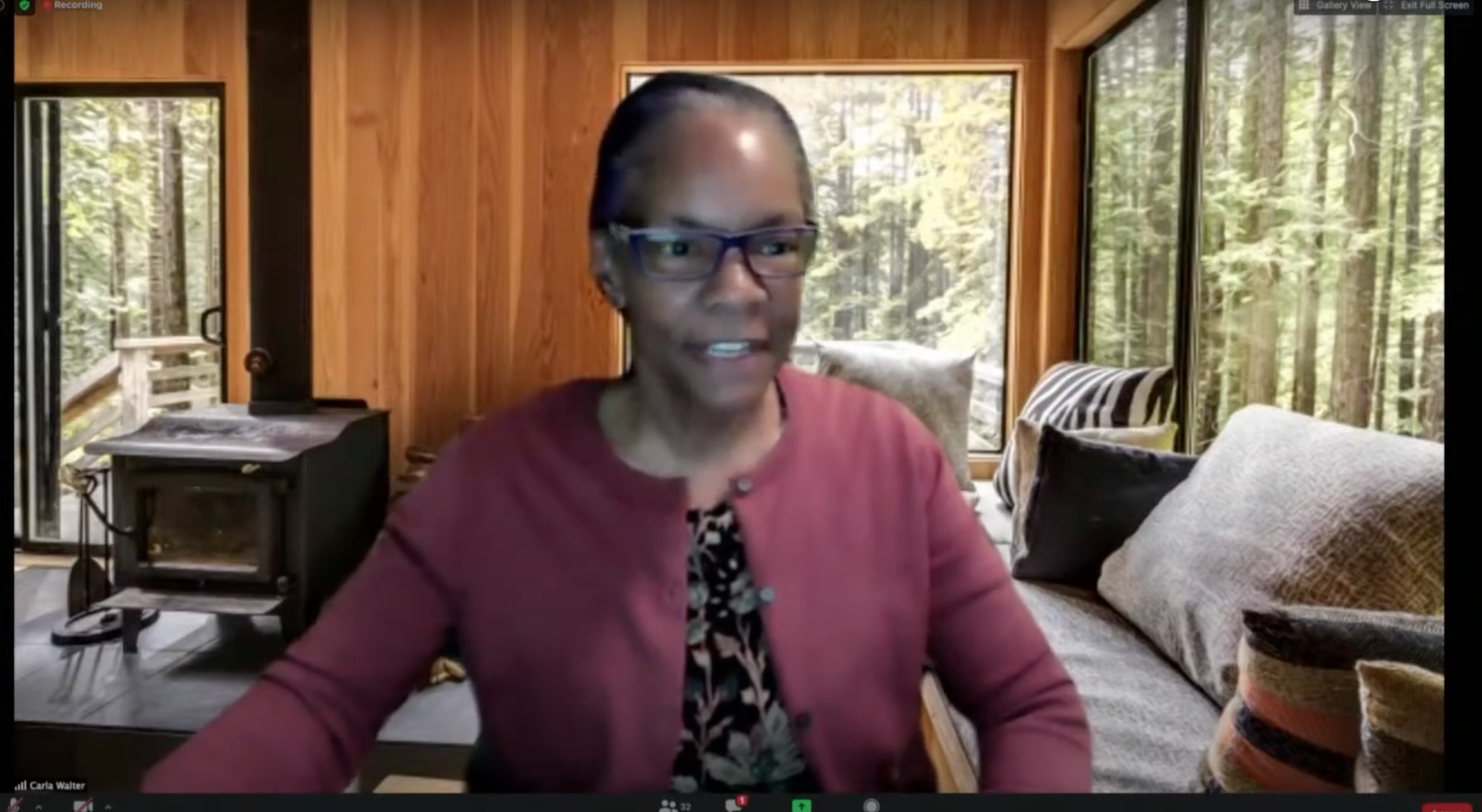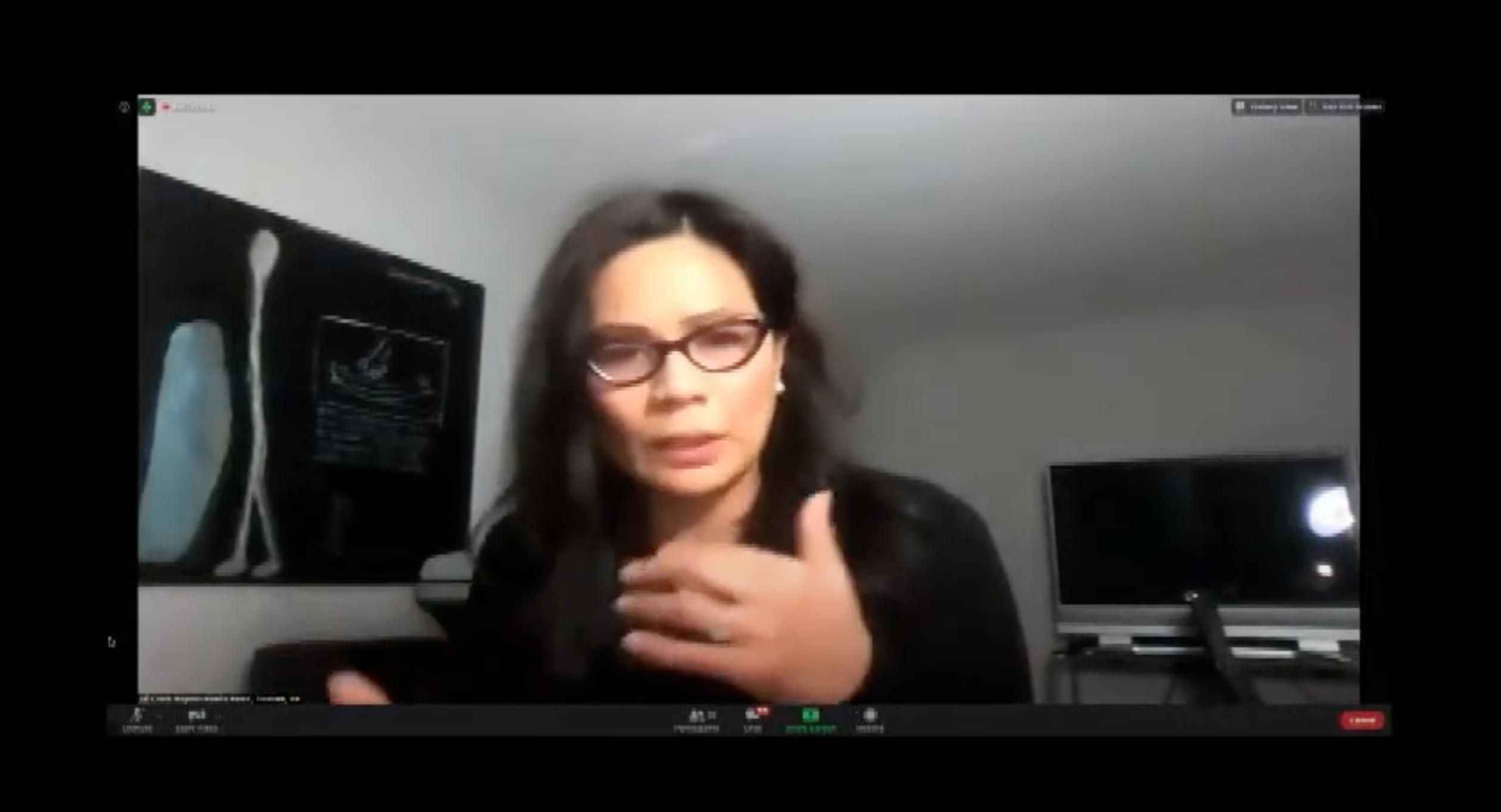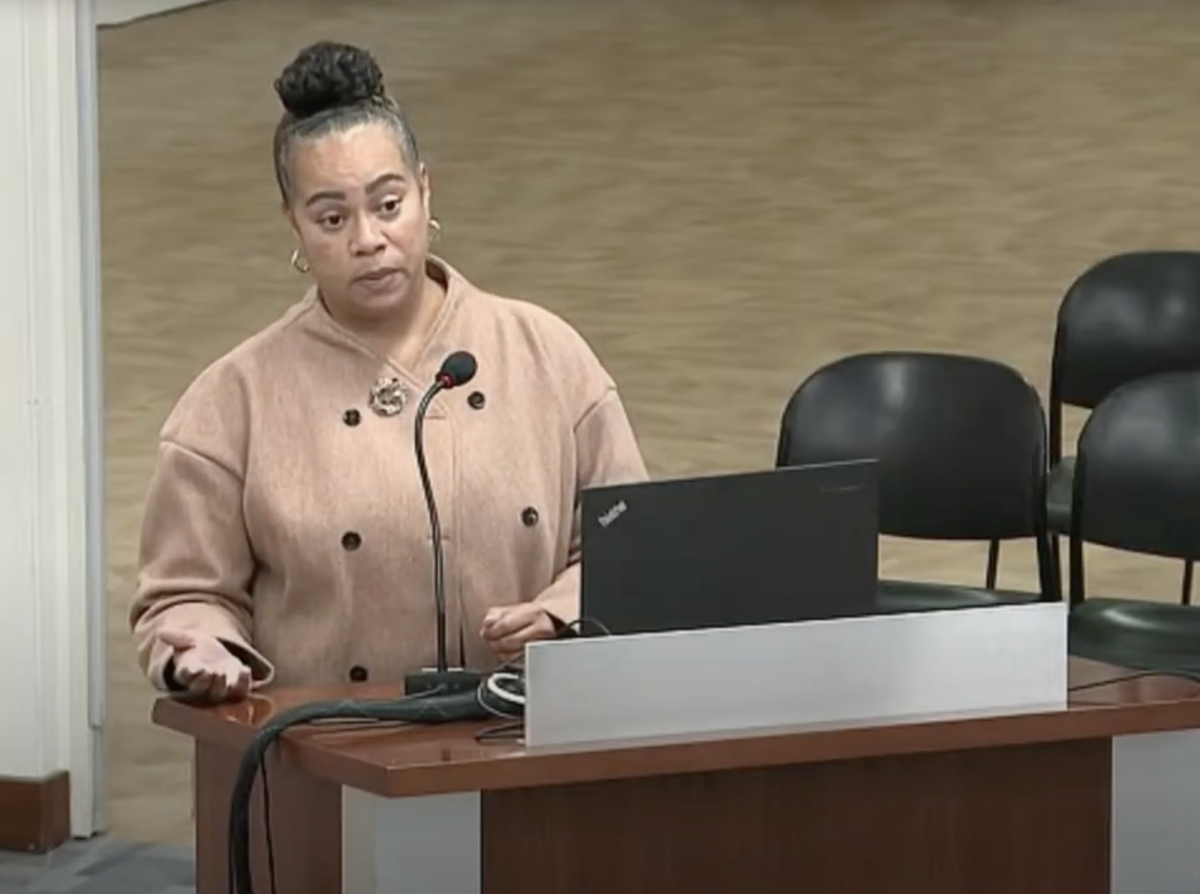
It’s been five months since the Peralta Community College District Board of Trustees approved multi-million dollar security vendor contracts for Zulu Community Protection Services (Zulu) and Community Ready Corps (CRC) to provide security and safety services for the district beginning December 15. Despite board approved contracts and district assurances that these vendors were qualified and ready to work, much of the plan is still shrouded in confusion.
Before leaving her post, Interim Chancellor Carla Walter told the trustees during the April 13 board meeting that Zulu and CRC had “submitted their applications” and will “receive their certifications” by May 1. However, officials have confirmed with The Citizen that there are no current or existing PPO (Private Patrol Operator) applications in process for the two vendors with the Bureau of Security and Investigative Services (BSIS), which is in charge of state licensing.

Questions and Assurances
During the December 14 meeting, trustees Linda Handy, Dyana Delfín Polk and Nicky González Yuen expressed concerns.
“I think people would be feeling a little bit more secure if they understood what the process was,” Handy said. “I think more information rather than less is important.”
Delfín Polk asked Walter to speak “to the criteria that was used to select these contractors.” Walter responded that vendors were asked to respond to the Request for Proposals (RFP) and further explained that the vendors submitted credentials and were put through a selection committee that developed the criteria. The vendors were given a conflict of interest form and the offer to work was extended to them. Walter described the process, but she did not identify the district’s selection criteria.
Yuen asked to be “adequately assured that the vendors met all the necessary licensing requirements and other legal requirements to engage in the public contract.”
“We have done the appropriate due diligence. We have checked each of the contractor’s backgrounds and their readiness for completing this work,” Walter said. “The process of selection was transparent.”
Walter promised the trustees she’d to get back to them “in the next two days” if anything more needed to be considered. The Citizen was unable to confirm if Walter did update the trustees about the companies’ licensure after that meeting.
Board President Cynthia Napoli-Abella Reiss echoed Walter’s assurances during that December 14 meeting.

“We will only move forward if the contracts meet state requirements regarding licensing and liability,” Reiss said, but did not indicate how long the Peralta community would wait for the vendors to meet the qualifications. She recused herself on the CRC contract vote, citing she had made a campaign contribution to Carroll Fife, the City of Oakland councilmember who was listed as the CEO/President of Affect Real Change, Inc, which is “doing business as” CRC according to the district contract.
“We have done the appropriate due diligence. We have checked each of the contractor’s backgrounds and their readiness for completing this work,” Walter said. On her word, the trustees approved the contracts with a 7-0 vote .
Private Patrol Operator Requirements
At the District Facilities meeting April 28 Atheria Smith, acting Vice Chancellor of General Services told attendees “We have their applications.”
“Our legal counsel received their applications, as soon as this was determined it was required in late January,” she continued.
For people wishing to search the BSIS site for application verification, “There may be technical difficulties…you just have to know exactly what to check under,” Smith commented.
The Citizen contacted Michelle Cave, Public Information Officer for the California Department of Consumer Affairs to see if either CRC or Zulu had applied for a Private Patrol Operator’s license.
Cave responded, there “are no existing or pending applications on file with the Bureau of Security and Investigative Services (BSIS) for the following companies: Community Ready Corps (CRC) (a.k.a. Affect Real Change or CRC Safety Services) or Zulu Community Protection (a.k.a. Zulu Protection Services).”
There were not any applications listed for Earl Harper or any other corporation officers on Affect Real Change’s California Secretary of State filing, including Carroll Fife or Che Bowe, Cave noted.
Harper was, however, a principal on PPO for Urban Shield Security Services, a previous company Cave said was a partnership between him and Jabari Allah. She indicated that license was issued on August 19, 2005 and was cancelled August 31, 2009.
There were also no PPO applications for the name Robert Dabney, the name listed on the district’s contract with Zulu,” Cave said.
According to the BSIS, no one in California may engage in the business of a PPO without obtaining a proper license. The BSIS website says that any person who operates without a license, unless exempted, or who represents himself to be licensed and is not, is guilty of a misdemeanor punishable by a fine or imprisonment.
The licensing requirements include 2,000 hours of licensed security guard experience, a written examination and a background check. An applicant for a PPO license must have at least one year experience as a patrol person, guard or watchman and that year must be substantiated with written certifications from the employer and subject to independent verification by the Chief of BSIS.
A search of the BSIS license lookup website May 5 showed no current license for Earl A. Harper, Community Ready Corps., Affect Real Change Inc., Robert Dabney, Zulu Protection Services or Zulu Community Protection.
Mixed Messages
Mark Johnson, Executive Director, Department of Marketing, Communications and Public Relations, stated in a January PCCD Announcement that the district is “evaluating concerns and issues raised about the two providers” and hired Merced-based security consultant Knowledge Saves Lives to “review their qualifications, experience, regulatory compliance, structure and make recommendations to the District.”
The Board ratified a contract for Knowledge Saves Lives (KSL) on February 9 in the amount of $39,897 to “provide expert guidance to PCCD relating to the creating and implementation of the safety and security program.”
The Citizen reached out to CEO Paul Llanez of Knowledge Saves Lives (KSL) on April 7 to ask if his company is preparing Zulu and CRC to join the district’s security team.
“Actually, we’re not,” Llanez said. “We are not working with any security vendor. There’s talk that we are going to eventually work with some security vendors. But right now, no.”
Llanez, whose company has worked with many school districts throughout the state, suggested that The Citizen reach out to Acting Vice Chancellor of General Services Atheria Smith for more information. Llanez explained that KSL was still in the “assessment phase” with the District and did not fully understand what the District required.
As the Acting Vice Chancellor of General Services, Smith’s name is listed on both district contracts and has been involved in the hiring of the security firms. Despite former chancellor Walter’s guarantee of district “transparency,” The Citizen has been unable to obtain any information from Smith directly either before or after the publication submitted formal California Public Records Act (CPRA) requests on November 19.
At the April 28 District Facilities Meeting, Smith stated that in order to comply with the Clery Act and Title IV, any private security firm, outside of law enforcement, must “hold a PPO license in order to make sure we keep our financial aid funding.”
“Because we did not list the PPO licensing piece (in the RFP), we are giving the selected vendors time enough to get their licensing,” Smith clarified.
The CRC contract does not indicate a PPO license is required, but the Zulu contract does. Exhibit B of the Pricing Schedule states that the Zulu Team Lead will be “A licensed PPO, responsible for setting standards.”
Smith continued, “All of the applicants who were evaluated complied with everything besides the PPO.”
A Further Look: State, City and County Licensing
A recent search of the California Secretary of State website showed “Community Ready Corps Safety Services” registered in California as of 12/24/20 as a “corporation”. This is nine days after the Board signed a contract with “Affect Real Change, Inc., doing business as (dba) Community Ready Corps.” There is now no current listing for Community Ready Corps., the name used on the vendor contract.
“Affect Real Change Inc.” is listed as a “foreign nonprofit” active in Louisiana, with a 501(c) 3 non profit tax status. It is “active and in good standing” in Louisiana as of May 2015, listing Earl Harper as President.
Affect Real Change Community Development Corp. is another name listed on the Louisiana Secretary of State site. This is also a non-profit that is active and in good standing as of December 17, 2020. Earl Harper is not listed as an agent or officer on Affect Real Change Community Development Corp. filing.
There is however a June 30, 2020 California Secretary of State filing for Zulu Protection Services LLC, with Robert Dabney listed as organizer.
The City of Oakland business licenses for Zulu and Affect Real Change, Inc. both expired December 31, 2020.
The Alameda County Auditor/Controller Clerk/Recorder’s Office website shows Community Ready Corps Safety Services as a registered fictitious business name as of December 24, 2020.
Transition and Start-up Funds
In addition to the awarded contract amounts, both CRC ($30,000) and Zulu ($48,500) were allocated additional ”Transition and Start-Up” funds for “safety training, gender sensitivity, cultural competency training and background checks.”
The Citizen reached out twice to Interim Vice Chancellor of Finance and Administration, Adil Ahmed for information about whether the vendors have been given any funds from the district. He had not responded as of publication.
However, Johnson did acknowledge in an April 7th email to The Citizen that Ahmed had forwarded the request for financial information to him.
“We’re looking into the costs and I’ll share with you when I have that information,” Johnson told The Citizen. Johnson also said that he was not aware of any change in status for CRC and Zulu, that they had “not completed the licensing requirements, and are not patrolling, and therefore are not receiving any payments for service.”
Smith said “no monies” had been paid to either Zulu or CRC during the District Facilities Meeting.
The Citizen filed another CPRA request on April 21 that asked for copies of all invoices, checks, wire or bank transfers made by the District documenting payment to Zulu and CRC for the period January 1, 2019 to April 30, 2021. The Citizen also asked for copies of any vendor applications submitted. As of May 5, the district had not responded to the request.
Exemption to the Code
The California Public Contract Code requires contracts be awarded to the “lowest responsible bidder meeting the “standards.”
Board Policy 6340 states: “When bids are required according to Public Contract Code Section 20651, the Board shall award each such contract to the lowest responsible bidder who meets the specifications published by the District and who shall give such security as the Board requires, or reject all bids.”
Under the RFP “selection criteria” it states, “The services requested by the District are considered professional services. The District is not obligated to take the lowest fee.”
The Citizen reached out to Royl Roberts, interim Special Assistant to the Chancellor/ Chief of Staff to ask if that RFP clause exempted the District from following code. Roberts referred this question to the Purchasing Department. Brian Slaughter, Purchasing Director for the Peralta Community College District, who responded through Johnson in an email.
“Our District complied with all applicable Public Contract Codes and Administrative procedures,” Slaughter said.
“The District complied with Ed code section 81641 bidding requirements and advertised the proposals as required.” Slaughter cited the following codes related to contracts and bidding:
California Public Contract code 20651, Peralta Administrative Procedure 6340 Section B ,and Section 1 the Peralta Administrative Procedure 6340.
The Citizen reached out to Slaughter again for clarification about the answer he provided, asking if the district is exempt from taking the lowest fee if the services requested are “professional”. Slaughter had not responded prior to publication.
“Standard of Care”
In both the Zulu and CRC contracts there are two provisions that indicate these vendors were qualified to perform the duties when the contracts were signed.
The “Standard of Care” contract provision states, “the Contractor and all of the Contractor Parties has the qualifications and the ability to perform the Services in a professional manner, without the advice, control or supervision of the District.”
The “Certifications, Permits, and Licenses” provision of the contract states that the, “Contractor and all of the Contractor Parties have in effect and shall maintain … throughout the Term of this Agreement all licenses, credentials, permits and any other legal qualifications required by law to perform the Services”.
Return to Campus security
On April 23, 2021 the Laney College “Return to Campus Task Force” meeting was held, to plan for the post-pandemic return to campus. During a security update at the meeting, both Marina and A1, the district’s current security teams, had the opportunity to discuss their services to the Peralta campuses to date and to answer questions. They said that their staff stays current on all required training including customer service, sexual harassment, and de-escalation strategies.
Smith added that both Marina and A1 were trained to respond to active shooters and that Knowledge Saves Lives would return in the Fall to work with the colleges and staff on active shooter training and various emergency situations.
Brajah Norris, Control Director with A1 Protective Services asked what would happen if the security teams had still not received their PPO licenses by May 1. Norris responded that A1 wants to make sure they are “prepared and well positioned to step up to the plate.”
“Actually that would be a question for the District at this point,” Laney College Director of Facilities and & College Operations Amy Marshall said.
The District – “Optimistic”
All four college catalogs for Fall 2021 include a section about campus security. The page “Safety Services,” explains that as of January 1, the district is transitioning to a “community-based safety and security model” that lists Zulu and CRC as two of the four vendors working for the district, citing the companies’ mission statements.
Zulu’s mission is to “protect people and property from those who seek to do harm” with well-trained security personnel and states that they are “a licensed PPO Operator.” CRC’s mission is about “empowering the community towards self-determination and equity,” but did not indicate anything about providing security services to the district.
The Safety Services page in the catalogs also explains that “Marina and A1 Protective Services have been on- boarded and are providing safety services,” adding that the district is “working with CRC and Zulu to meet the District’s requirements and prepare them for the on-boarding process.”
The District was, in Johnson’s words, “optimistic” when the 2021-2022 college catalogs were written.
If the May 1 deadline is not met, Smith suggested, “We’re going to have a broader discussion on next steps. Do we give them another month? Do we go through another process? That’s something we have to discuss.”
Although the district was still waiting for confirmation, Smith assured those in attendance at the April 28 meeting that “we have their applications” and that “all of the applicants who were evaluated complied with everything besides the PPO.”
An earlier version of this article had misstated Zulu’s California Secretary of State filing status.
David Rowe, Associate Editor, contributed reporting on this story.


























